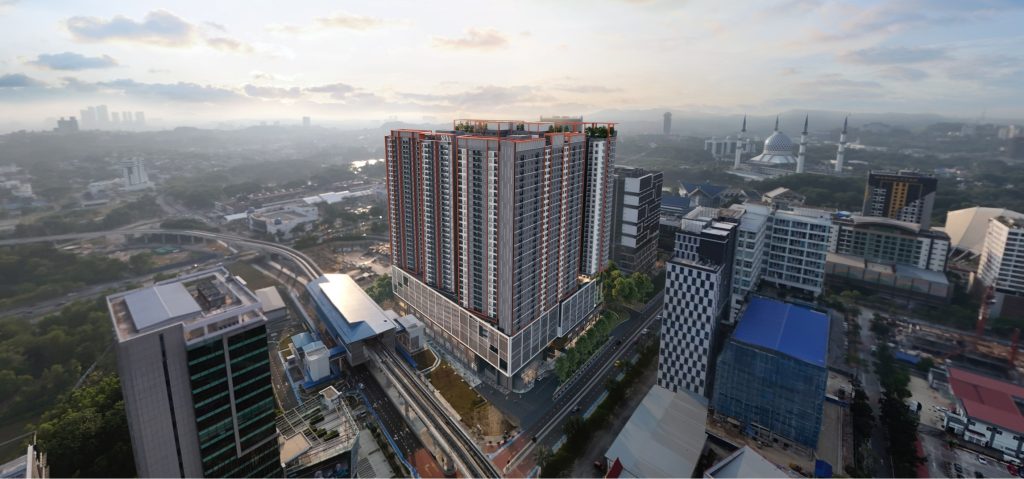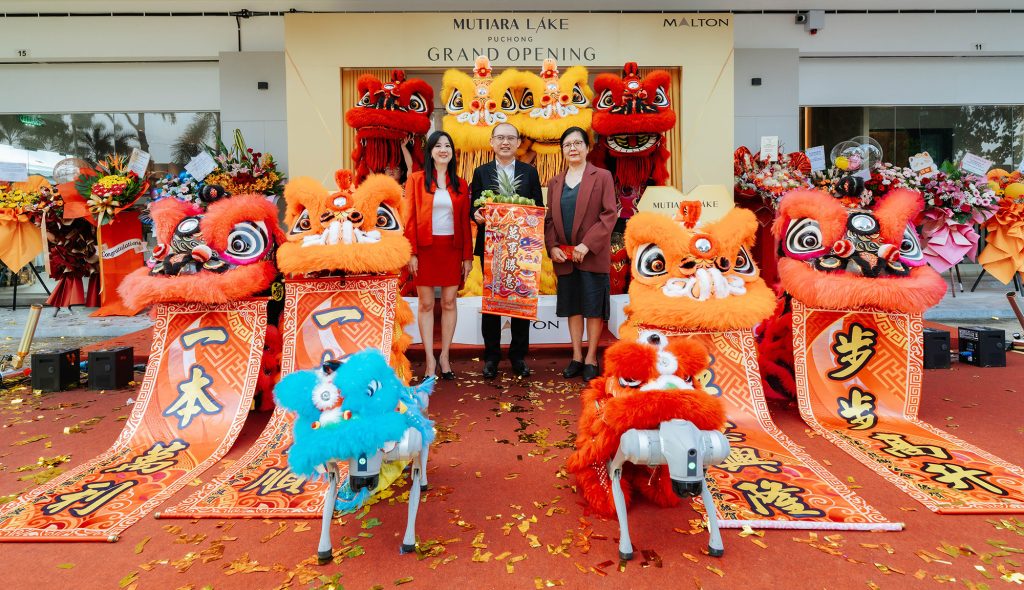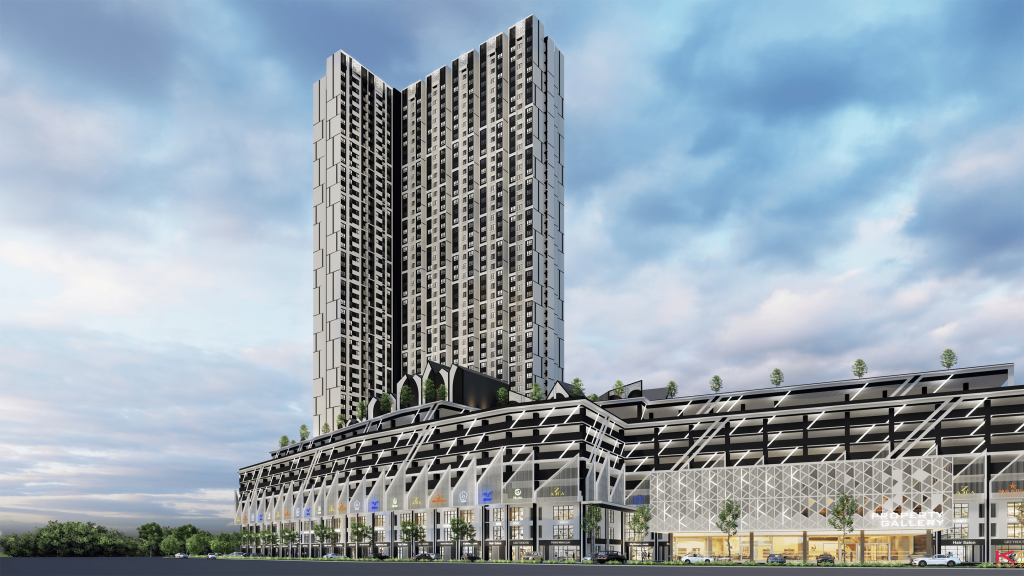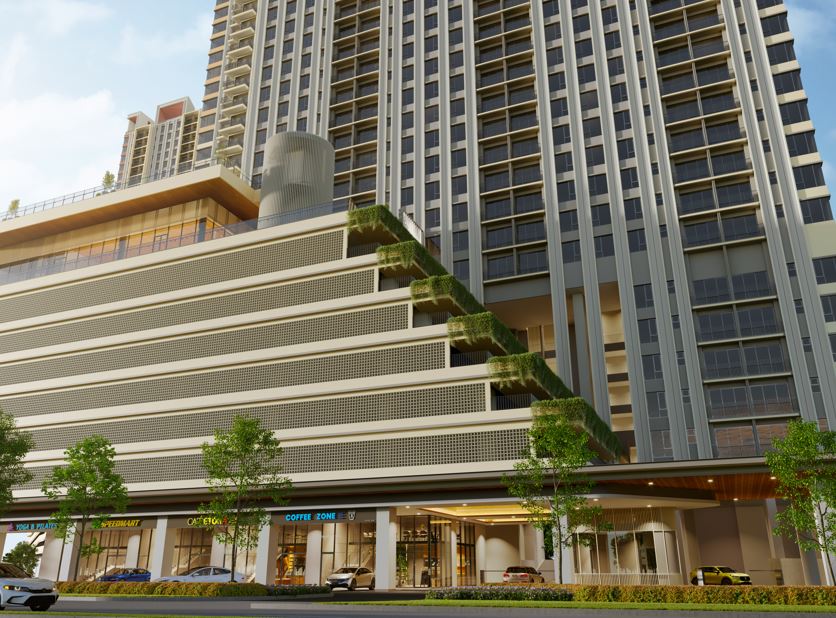"Malay Reserve Land (Tanah Rezab Melayu)", “Bumi Lot”, "Bumi Quota", and “Bumi Discount”, are all terms that appear in various conversations about real estate
When you put all these attributes together in a sentence, you might just confuse yourself. Are you able to tell the differences between them? If you’re intending to purchase a Bumi property, you may need to read on in order to know what you are really getting.
-
Malay Reserve Land (MRL, or ‘Tanah Rezab Melayu’)
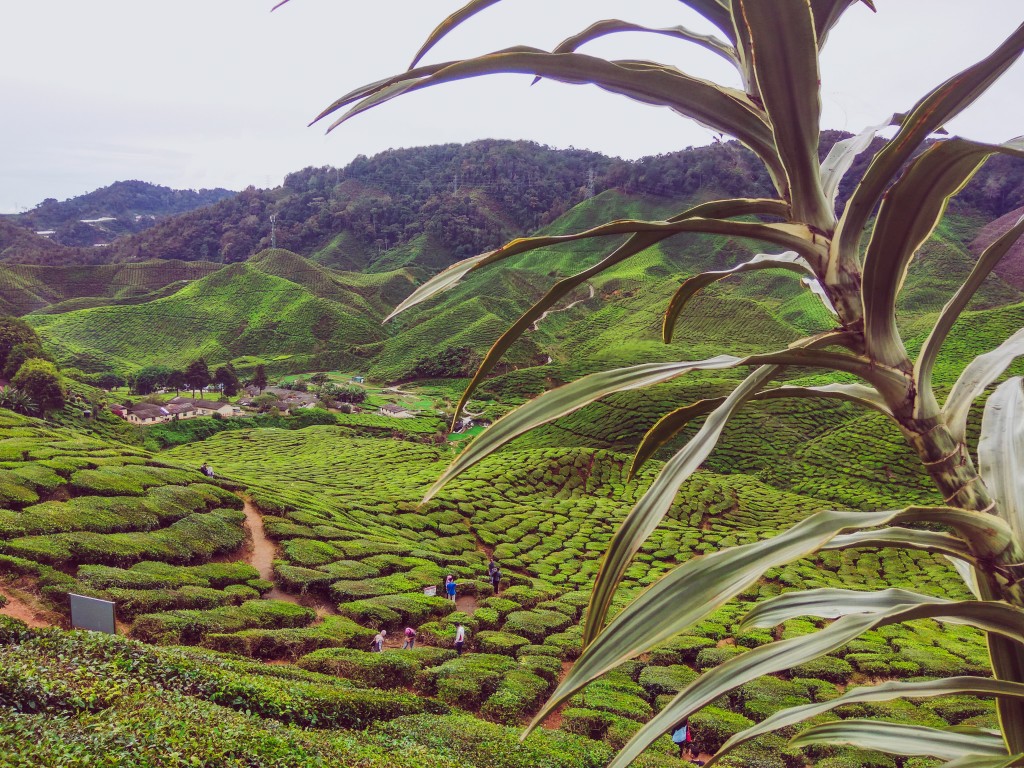
Photo by Farhan Azam on Unsplash.
An MRL is different from a Bumi Lot. Most people often mistake the two to be the same, when in fact the two types of land are quite different. MRL can only be owned and controlled by Malays and are almost impossible to be legally released to non-Malays, unlike Bumi lots, which can be sold to non-Malays.
MRL was first introduced in 1914 as the Malay Reservation Land Law. It then evolved into the Malay Reservation Enactment in 1935 and is still used until today. However, not every state in Malaysia adopts it. It is best to check the status with the state authorities.
The two main objectives of the Malay Reservation Land Law are to:
- prevent State Land in Malay Reservation Areas from being disposed by any means to non-Malays, and to
- prevent any private dealings between Malays and non-Malays in term of Malay Holdings or Malay Reservation Land.
Simply put, MRL must be owned by a Malay and cannot be transferred, sold, or leased to a non-Malay.
-
Bumiputera Lots
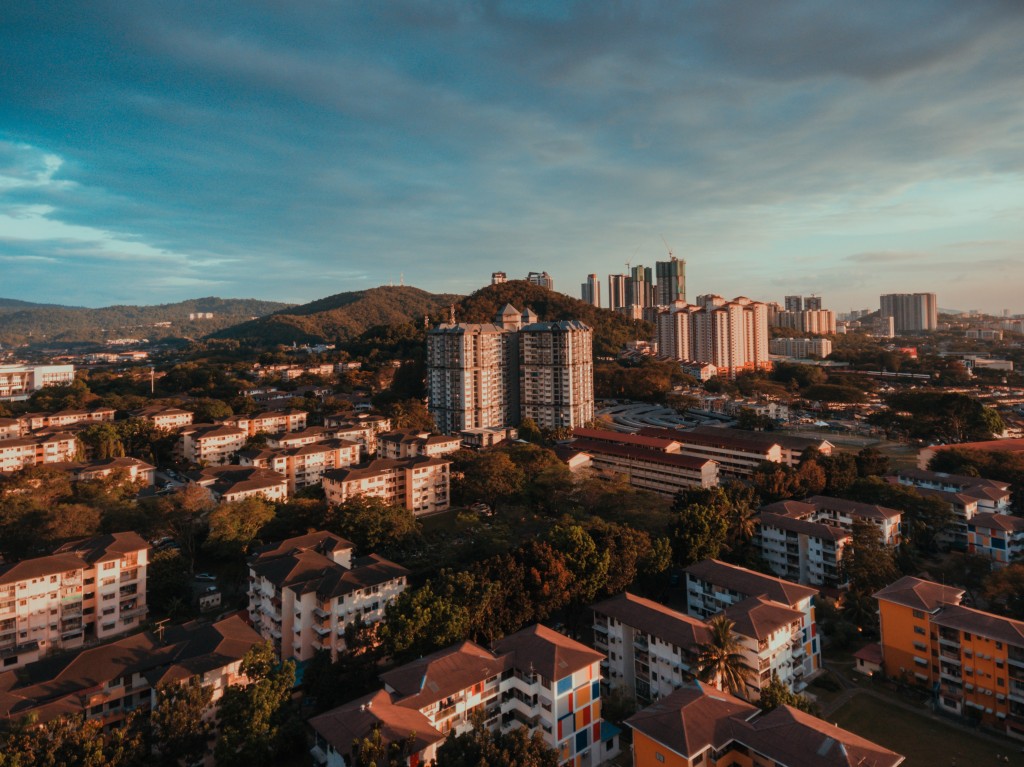
Photo by Deva Darshan on Unsplash.
Bumi lots are units of land or property which are only allowed to be purchased, owned, or leased by Bumiputeras — a group which includes Malays, Sabahans, Sarawakians, the indigenous peoples of Malaysia, as well as non-Malay Muslims. These property types exist in every new development, where a certain percentage of the properties have to be allocated to Bumiputera (see Bumi Quota below) — these lots are not to be confused with Malay Reserve Land (see above).
Unlike MRLs, Bumi Lots can be sold to non-Bumis under certain circumstances :
- when applying for consent to transfer by providing compelling reasons (i.e. there is no demand for the property following a year of advertising) to the Land Office,
- when an appeal is granted by the Land Office following the rejection of an initial application, or
- when reimbursing the developer with a discounted amount from the initial purchase.
The release of a Bumiputera lot is a very difficult, lengthy, and resource-consuming process, one that can be hindered by red tape or bureaucracy. The various State Housing Boards/Land Offices impose different criteria for the release of such units to non-Bumiputeras.
Moreover, even if all the criteria have been met by the developer, the State Housing Board/Land Office can still withhold approval and impose additional conditions on top of that.
Bumi lots are also least considered by investors because their market is restricted and price appreciation is considered to be the slowest among the different land titles.
-
Bumiputera Quota and Bumiputera Discount
The Bumi Quota regulations under the Malaysia New Economic Policy (NEP) in the 1970s were introduced as a measure to increase Bumiputra shares in real estate through a mandatory minimum quota of 30% and a minimum 7% discount (Bumi Discount) on property. The quota was implemented to encourage more Bumis to own houses and promote greater interaction among the various ethnic groups of Malaysia.
Under Malaysian law, State Authorities have full control of all land matters, hence Bumi Quota regulations fall under the State Government’s jurisdiction, differing from state to state. For example, Federal Territory of Kuala Lumpur has the Bumi Quota set at 30% and the Bumi Discount at 7%. It is also mandated that any lot or unit located within the quota of the property development in Federal Territory would be endorsed as a Bumi lot. In Melaka, for instance, the Bumiputra residential quota is set at 60% and the quota for commercial properties at 35%. This quota is implemented irrespective of location within the state of Melaka.
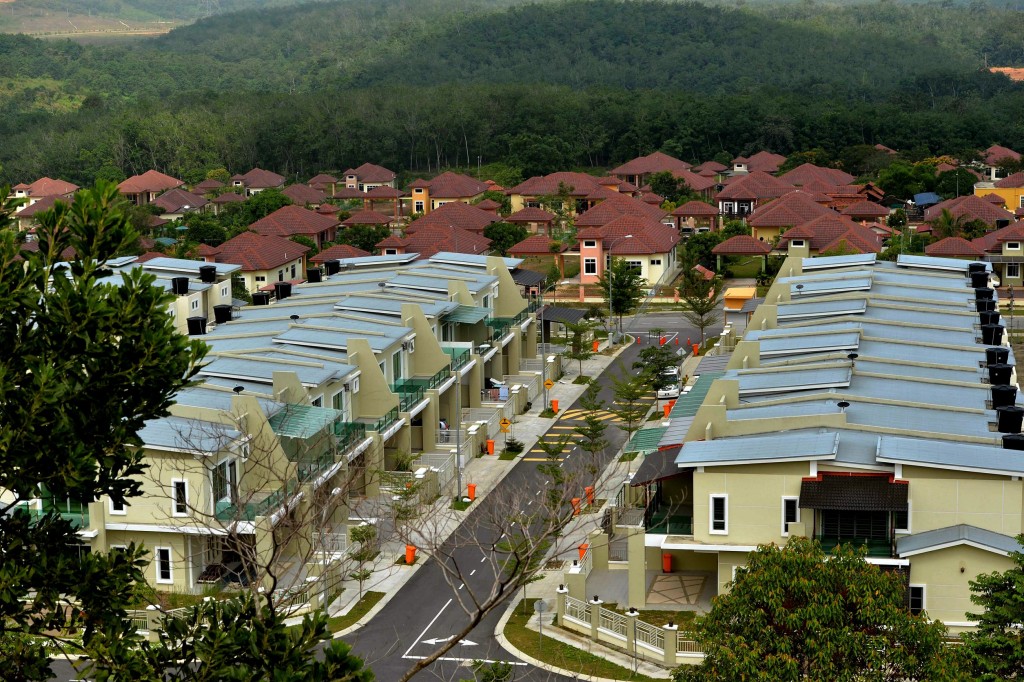
The Negri Sembilan government's revised housing policy allocates a 50% quota for Bumiputeras. UU BAN/The Star
The Bumi Discount ranges from 7% to 15% in some states. Best to check with the property developer before purchasing. Another thing to keep in mind, these discounts are only valid for new purchases directly from the property developers, and not for sub-sale units. It is important that we are informed about the attributes of the various land titles in Malaysia. Buyers who are looking to purchase properties should always ask developers if their properties are endorsed as Bumi lots or are on Malay Reserve Land. Always check with the Land Office for various matters regarding the property before you make a decision to purchase.
The original version of this article was published by CompareHero.my, a site dedicated to increasing financial literacy and helping you save time and money by comparing credit cards and personal loans in Malaysia.
Ever wondered what you're worth to banks? Find out here.







